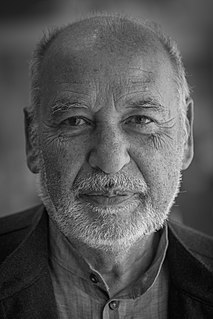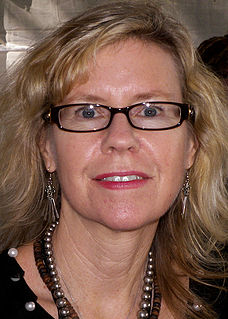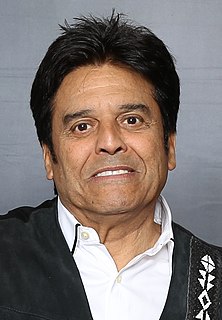A Quote by Tahar Ben Jelloun
I belong to a specific category of writers, those who speak and write in a language different from that of their parents.
Related Quotes
Concerned to reconstruct past ideas, historians must approach the generation that held them as the anthropologist approaches an alien culture. They must, that is, be prepared at the start to find that natives speak a different language and map experience into different categories from those they themselves bring from home. And they must take as their object the discovery of those categories and the assimilation of the corresponding language.
When you say something, say it not for a specific day, not for a specific era, not for a specific country, but say it for all the days, for all the eras and for all the countries. Speak universal, and thus you don't have to speak thousands times; you speak once and you will be heard even ten thousand years later!
This happens to a lot of kids from different backgrounds - they lose a lot of their parents' and grandparents' teachings, language and culture because they have to deal with another language and culture 24/7. By the time I was 44, I was terrible at Spanish. I was always intimidated whenever I had to speak it.
People who write for reward by way of recognition or monetary gain don't know what they're doing. They're in the category of those who write; they are not writers. Writing is simply something you must do. It's rather like virtue in that it is its own reward. Writing is selfish and contradictory in its terms. First of all, you're writing for an audience of one, you must please the one person you're writing for. Yourself.
Writers often have a 'drunk' that is different than anyone else's. That's why it's so insidious and so damning. First of all, because they can write when they're drinking - or they think they can. A lot of writers will tell me - and this is the latest one I've heard - you drink while you're thinking about what to write, but when you actually write, you sober up.







































